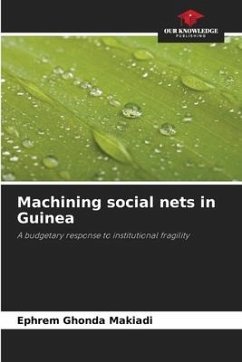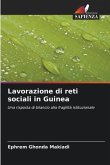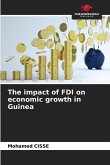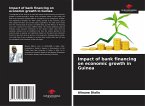Public governance is best appreciated in terms of its ability to develop solutions to support poor people, and even to help them emerge from vulnerability. In fragile countries, contributory social protection covers only a small proportion of the working population. Even civil servants and government employees do not pay social security contributions, mainly because of pressure from trade unions, and despite the texts adopted to organise the various social security schemes. The strong and pressing demand for social protection and security among the poor and vulnerable is paradoxically not matched by the supply of contributors, due to the lack of sustainable and adequate income or income altogether. Despite positive, and sometimes strong, economic growth in fragile countries, particularly those rich in natural resources such as Guinea, the depth of poverty is increasing as a result of undistributive growth, leaving more poor and vulnerable people by the wayside. In these circumstances, appropriate social safety nets are needed.
Bitte wählen Sie Ihr Anliegen aus.
Rechnungen
Retourenschein anfordern
Bestellstatus
Storno








